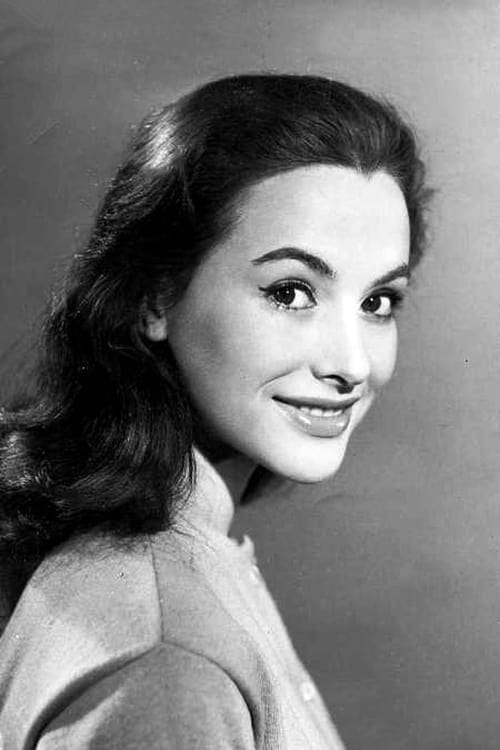
Pascale Audret
출생 : 1935-10-12, Neuilly-sur-Seine, Seine [now Hauts-de-Seine], France
사망 : 2000-07-17
약력
Pascale Audret (12 October 1935, Neuilly-sur-Seine – 17 July 2000) was a French actress who was most active during the 1950s through the 1960s.
While she starred in over 25 films between 1955 and 1968, her success never crossed over internationally. Her career in film, television, stage and music stayed in France. One of her most high-profile films came when she starred opposite Orson Welles in the 1961 film La Fayette. The following year she starred in Give Me Ten Desperate Men, which was entered into the 12th Berlin International Film Festival.
Audret was born as Pascale Aiguionne Louise Jacqueline Marie Auffray to Henry Auffray, an industrialist, and Amyelle de Caubios d'Andiran, a musician, second cousin of the French author François Mauriac (respectively by their maternal grandfather and maternal grandmother). Her brother is singer Hugues Aufray.
Audret was married twice, first to actor Roger Coggio and later to music producer Francis Dreyfus. It was her second marriage that produced her daughter Julie Dreyfus, an actress who co-starred in Quentin Tarantino's Kill Bill & Inglourious Basterds. Audret put her career on the back burner after the birth of her daughter Julie in 1966.
Audret died in a road accident in 2000, aged 64. She was in the passenger seat of a car being driven by her companion.
Source: Article "Pascale Audret" from Wikipedia in english, licensed under CC-BY-SA 3.0.

Mama
Anne divides her time between her children, a 16-year-old son and twins Lili and Lolotte and her work as an editor. Her life is turned upside down by the reappearance on the scene of Arthur, one of her first loves, whom she never wanted to see again. He doesn't know that he is the father of the twins but he is determined to win Anne over. The trouble is, she is surrounded by men desperate for her hand and thinks she is in love with one of them.

Anne d'Autriche
In the 17th century, under Louis XIII, the policy of Cardinal de Richelieu aimed at the definitive establishment of a monarchic power, and gave rise to a struggle against the great feudal lords, who favored a weak central power. Numerous conspiracies against the Cardinal were led by the high nobility. The one led by Henri Coiffier de Ruzé d'Effiat, marquis de Cinq-Mars, was the last and most famous of them.

Lulu
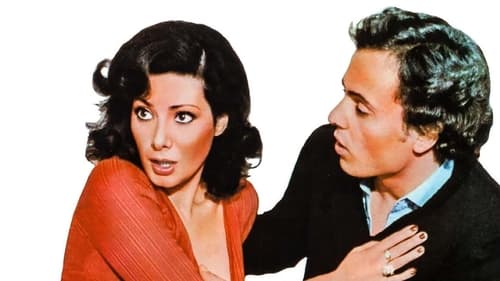
La mère de Martine
"The Pocket Lover" tells the story of Julien, a 15 year-old boy who falls in love with an older woman, later discovered to be a prostitute. Now, Julien will have to face several obstacles, which includes his parents opposition with this affair, and Julien's own perceptions about the woman's line of work, going out with wealthy guys.

Hélène Lacarène
A man in financial trouble is thinking of killing his wife to get back the money he has placed in her name.
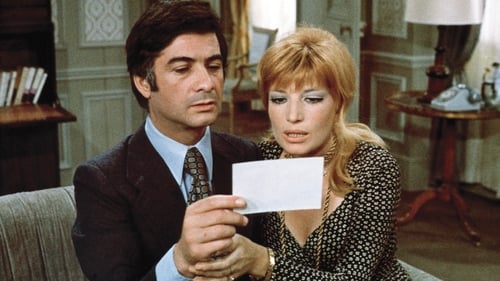
Mme Legendre
공산주의라는 유령이 부르주아를 두렵게 만든다고 말했던 칼 마르크스와는 달리 부뉴엘은 20세기 후반 부르주아를 가장 두려움에 떨게 만드는 게 자유라는 환영이라고 말한다. 1808년 프랑스군에 저항하다 학살된 스페인 혁명가들의 주검과 1970년 파리 부르주아들의 부조리한 삶을 연결시키면서 부뉴엘은 에 이어 부르주아 계급의 가치, 질서의 몰락을 또 한번 코믹하게 묘사한다. 10개 남짓한 에피소드로 이루어진 영화는 꼬리에 꼬리를 물고 이어지며 초현실적인 분위기를 자아낸다. (씨네코드 선재 - 시네프랑스)

Yvonne
A rebellious socially-conscious man travels to Nepal to find his dead-beat dad. There, he meets Jane, a beautiful hippie girl hooked on drugs. He's forced to steal artefacts for his father's slimy employer to earn money to help Jane.

Florence
NY private eye Jeff Milton is investigating a case of kidnapping in Caracas.

Mathilde

Eva

Laure
Feeling complicit in a heinous act of her husband, a woman sinks into decay, then recovers and becomes a nun
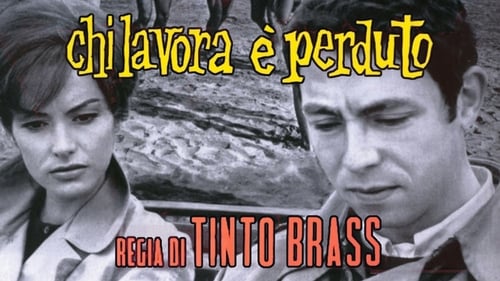
Gabriella
Bonifacio is 27 years old and he is roaming about Venice. He is trying to decide whether to accept a job or not. In so doing, he recalls all his past life: his love story with Gabriella, his old friend Claudio, who had always regarded working as a worthwhile thing, the war, the partisans.
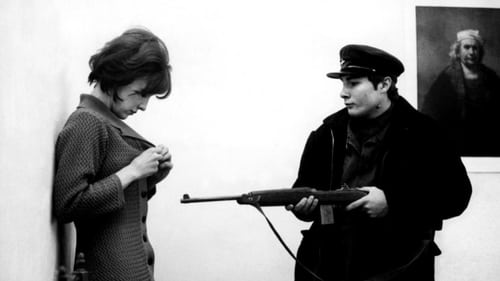
Girl in Car (uncredited)
두 명의 시골 소작농이 군에 입대하여 전쟁에 참가한다. 그들은 전쟁수행 기간동안 무엇을 해도 좋다는 자유와 부를 누릴 수 있다는 생각으로 강간, 살인, 약탈에 탐닉한다. 그러나 예견했던 승리는 점점 멀어져가고...

Agnès
Three young men are suspected of kidnapping and murdering a little boy. Most likely, two of them are really involved, but one is not. All of their pasts are questionable, riddled with violence and controversy. Neither the police nor the court can decide how to solve that puzzle.
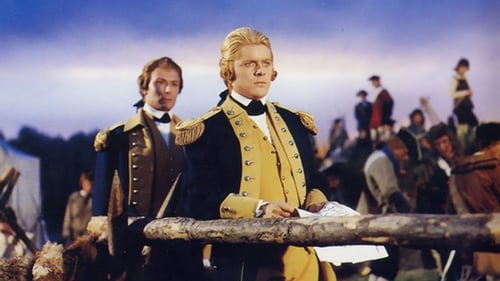
Adrienne de La Fayette
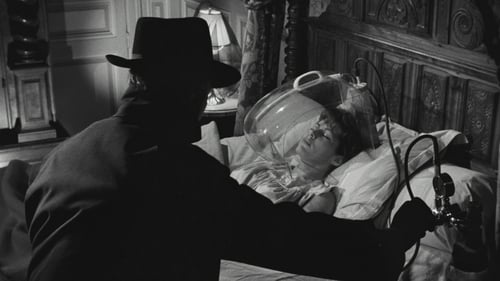
Jeanne
An old count hides just before he dies to annoy his heirs. The heirs search a manor for the count's body and are killed off one by one. Jean-Marie, his fiancée Micheline, and Edwige investigate the deaths and search for the count's body.

Blanche de la Force
This drama about the Carmelite order of nuns is set during the French Revolution. A young woman seeks refuge with the Carmelites because she is terrified of dying during the upheaval. The longer she associates with the nuns the more she is transformed by their faith and devotion.

Martine
Martine is a young woman plagued both by poverty and by uncaring, problem parents who in no way can provide the kind of nurturing that Martine needs during her adolescent years. As a result of her family situation, Martine runs away from home and gets involved with a group of teens and young adults from the wrong side of the moral tracks.

Fleur
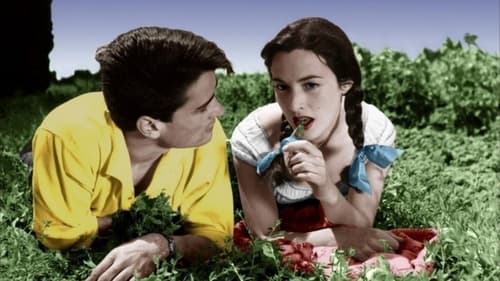
Hortense
The heroine in L'Eau Vive is the unwilling heir to a fortune. Young Hortense (Pascale Audret) has always known that her family was greedy, but until she inherits her father's hidden millions she has no idea how loathsome her relatives could be. Surrounded on all sides by grubby, outstretched hands, Hortense takes some comfort in the fact that her legacy is still missing. When the money is finally recovered, our heroine does the "right thing" with her windfall, leaving her mercenary family empty-handed. Throughout the film, Hortense's dilemma is likened to a government dam project not far from her home; as the bridge grows in size, so too does Hortense's resolve to rise above the nastiness all around her.

In North Africa, an anguished husband tests the character of the doctor he believes is responsible for his wife’s death.

Elisabeth Matheu
Elisabeth is persuaded to have killed her noisy upstairs neighbor, scientist Charles Magne. To save her, Mr. Matheu, Elisabeth's father, accuses himself while Pierrot, Elisabeth's fiancé gets rid of the body in order to save father and daughter. For his part, a gangster also believes he has killed the scientist but he gets shot down by a taxidermist, who runs for life. The girl, her daddy and her boyfriend also run away. But Magne is not dead. A bum is mistaken for him and a police inspector makes everyone believe that he is the one who shot the gangster. At the end of this crazy chain of events all the protagonists are reunited at the station house and everybody dances to express their relief.











